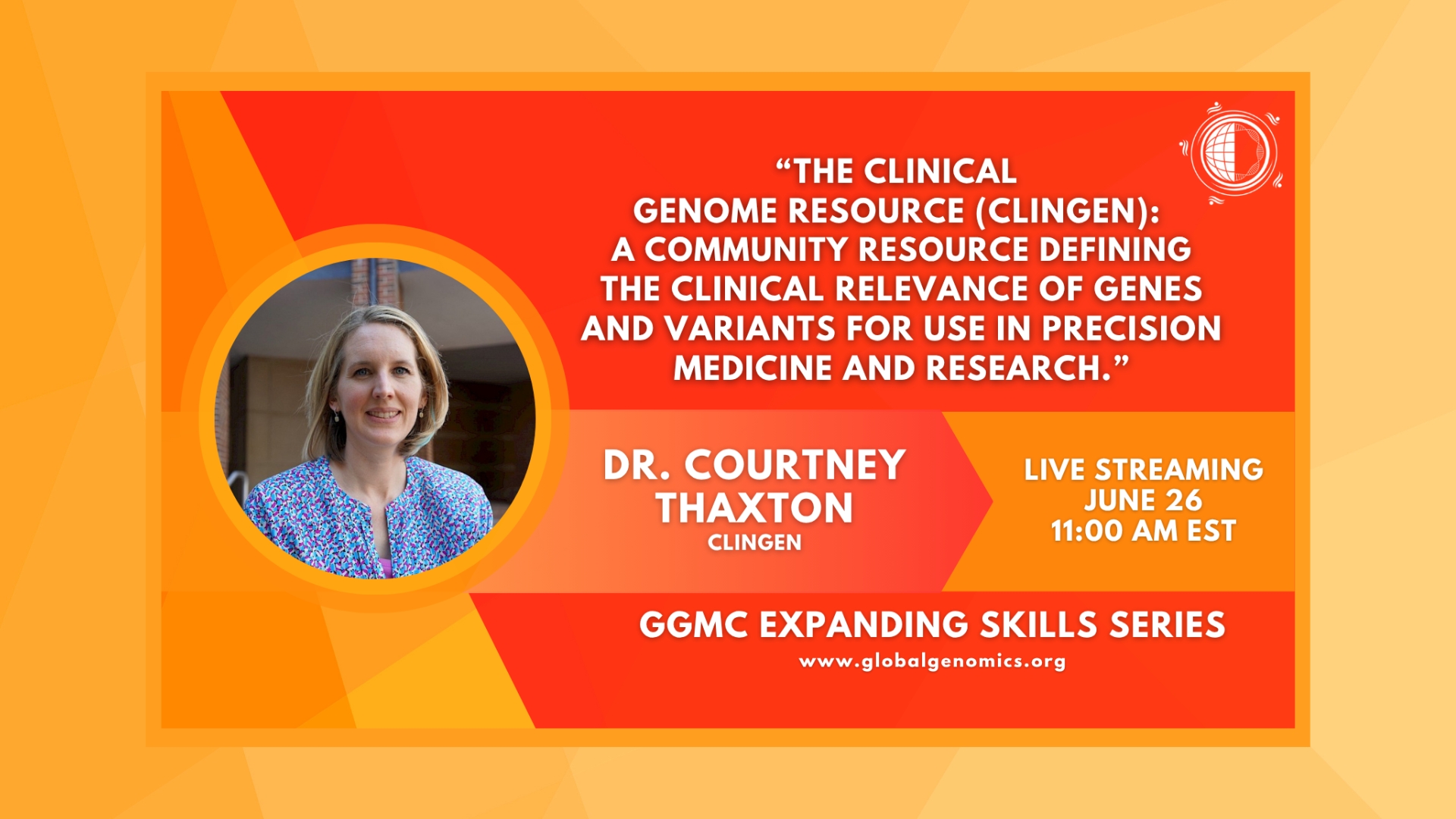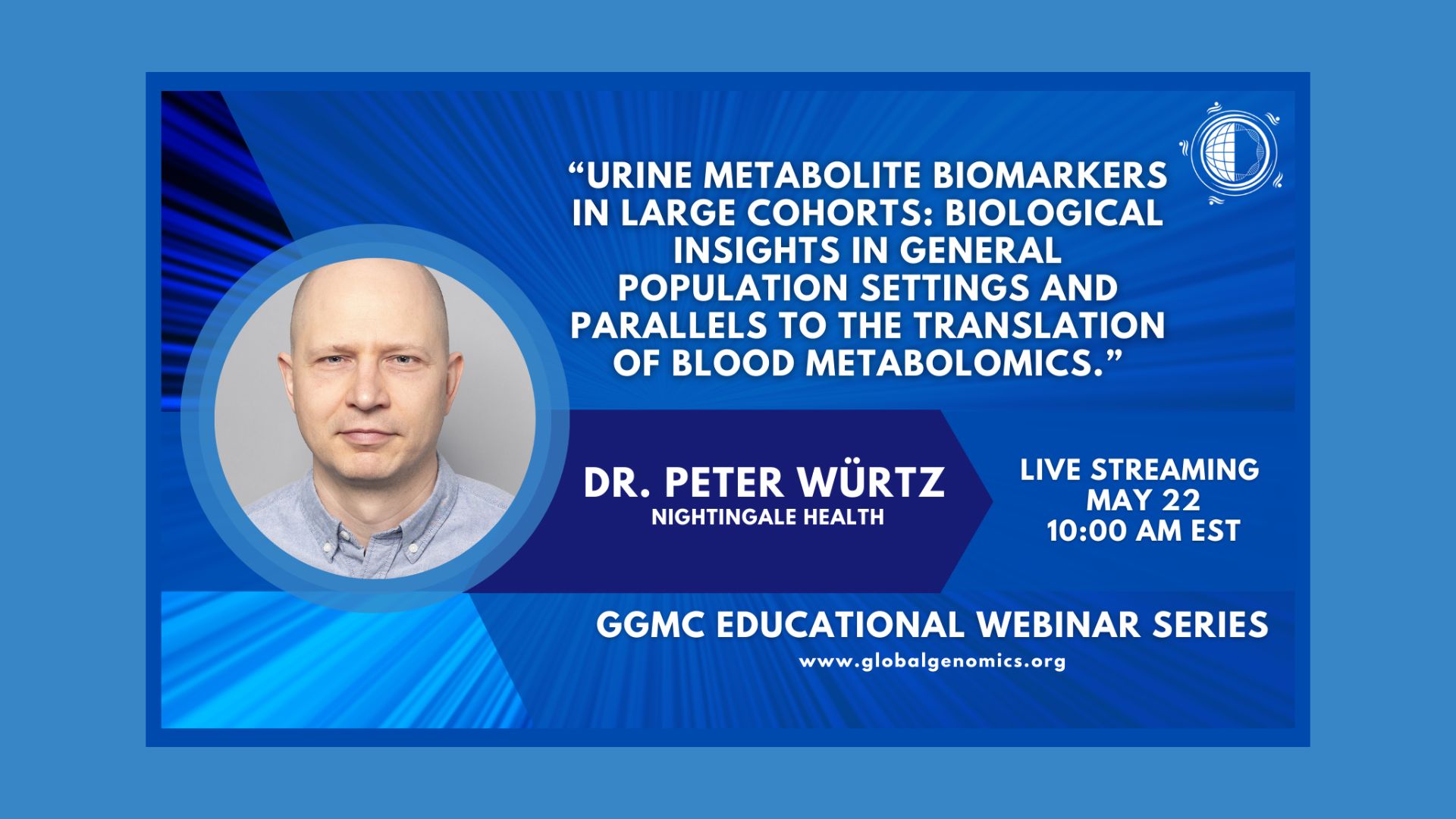Looking Ahead
The year 2023 will be a busy one for the Family Health History (FHH) Flagship Project group. Building on activities that have been under development in 2022, the group will focus on three major projects.
Work will continue with building a web-based shared database of family health history (FHH) use cases. The idea is to enable introductions and conversations between those that have completed FHH projects, and those that are at the beginning stages of their projects to promote synergies and empower FHH use around the globe. Key functionality of the use case database will be 1) to search globally to see who else is working on FHH, 2) search by familial disease to discover who else may be working on their clinical focus, and 3) search by FHH app to find experienced opinions on available FHH tools.
Related to having information on FHH collection tools, the second project will build a tools clearinghouse. G2MC members have found it difficult to gather information on what FHH tools are accessible, and how to choose the right tool that best matches their use case and clinical environment. Subsequently, for use by the greater G2MC organization, the clearinghouse concept will expand beyond FHH, and will become a knowledgebase-of-all-things regarding clinical genomics implementation (genetic-related diseases, testing, evidence generation, education, policy, diversity/equity/inclusion etc.)
The third major project will continue the goal of implementing FHH screening capabilities through localized pilots. Most pilots will start with surveys of regional healthcare providers to determine current use of FHH if any, then interest in developing a local FHH system to enhance their patient care.
Sharing challenges and Successes
In addition to the above activities, the FHH group continues to come together and share the struggles and successes of implementing FHH in patient care around the world. Here are a few stories from the group.
Sri Lanka
A specialist in pediatric genetics, Dr. Thushara Priyawansha is a clinical geneticist in the central region, Kandy in Sri Lanka. When treating a patient, he makes appointments with the parents and siblings to examine and compare them in order to define any clinical dysmorphism. He continues the process, saying “if anybody comes with a molecular diagnostic report, I would see the zygosity and arrange screening for the other family members as well to find the carrier status.” He would then provide the information through the parents to any other family members who “are interested to sort their problem out and continue to get the molecular diagnosis. The more I get patients I get the opportunity to look at their family health history.”
Singapore
Also in pediatric genetics, Dr. Saumya Shekhar Jamuar in Singapore shares “we are looking at family history in two contexts. One is within a family where a child has a rare genetic disease.” Given the current limitations of the electronic medical record system he uses, Dr. Jamuar is working on a project in partnership with Curtin University in Perth, Australia. The project will digitize hand-drawn pedigrees and convert them into algorithms that will advance the understanding of inheritance patterns and support the effectiveness of genetic counseling. “In a separate project which is in the context of population genomics” he continues, “we have assessed for the additive value of taking a family history of a healthy research participants and linked it with the risk of finding a potential secondary finding in their genome. We found that the risk of finding a disease-causing variant in cancer genes was elevated 6 times in the presence of a family history.” Determining the utility of incorporating FHH information in genomic sequencing selection Dr. Jamuar has published a study of this assessment here.
USA
A clinician in the US revealed what is likely an issue that all clinical implementations of FHH will face. Even if you design opportunities for participants to get genetic counseling level family histories and cascade testing, you still must establish an expectation or culture of pursuing them. The clinician said they are considering how they might improve and leverage those activities to educate the primary care providers in family health history taking and use.






